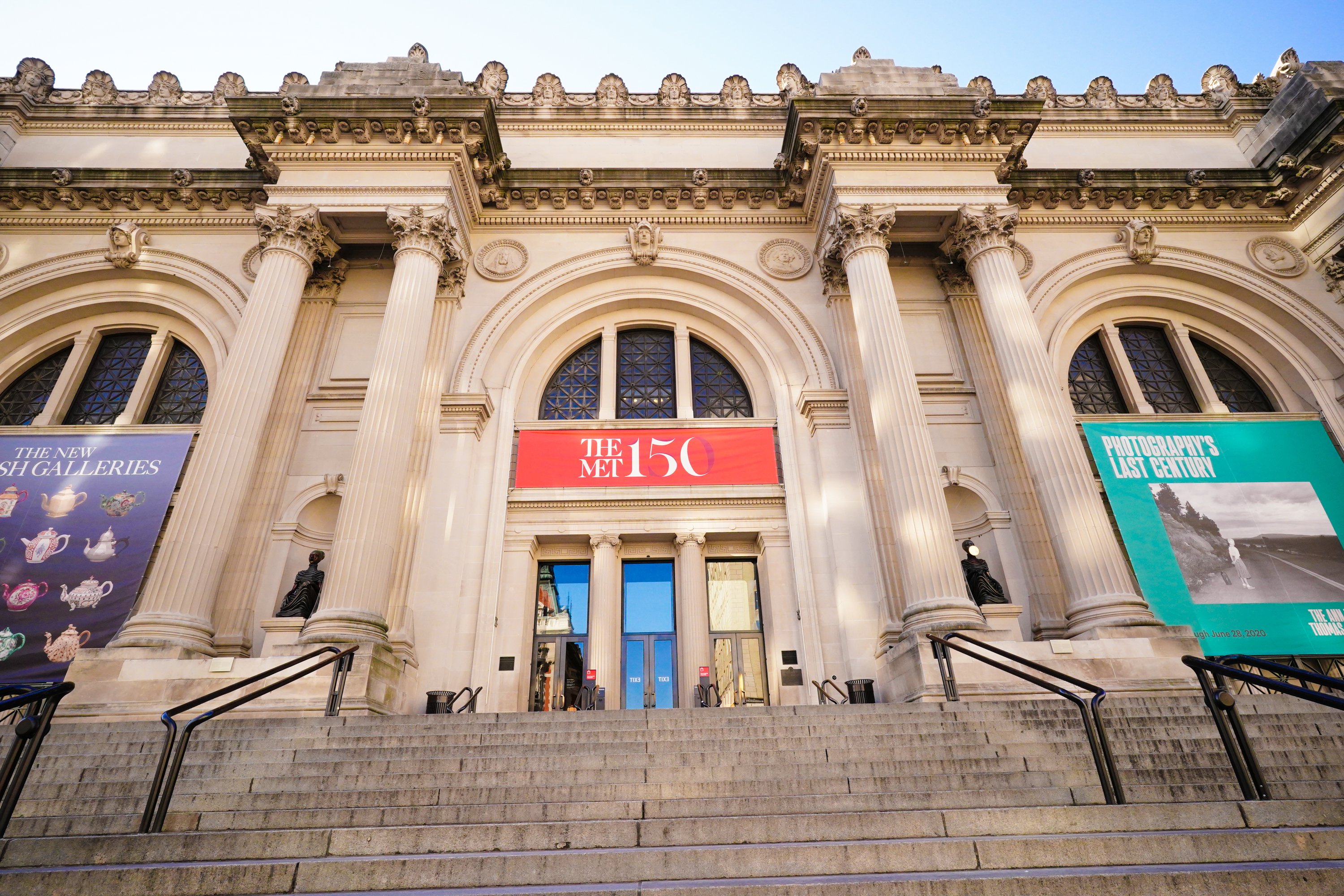
As museums across the US scramble to protect their finances amid widespread closures, arts leaders are demanding that the government lends a much-needed hand to struggling nonprofits.
Now, the most heavyweight of all institutions has thrown its weight behind the effort with a social-media campaign.
Today, the Metropolitan Museum of Art announced the launch of #CongressSaveCulture, an effort advocating for federal relief funds to be sent to nonprofit institutions. The campaign calls for $4 billion to be injected into financially at-risk institutions as part of a nearly $2 trillion stimulus package currently being debated in Congress.
The museum is also asking for “the implementation of a universal charitable tax deduction to incentivize giving to these institutions,” according to a press release.
The Met is asking its “robust community of 2,000 staff, over 1,000 volunteers, 120,000 members, 9 million social media followers, and all of its supporters to amplify the #CongressSaveCulture campaign.”
The museum, which has a dedicated government affairs office, says it has been working with “city, state, and federal leaders as the crisis has developed.” Representatives from the Met said members of the office would be involved in the effort, but did not provide details.
The Met is no stranger to the fallout from the crisis. On March 12, the museum announced it would indefinitely close all three of its locations the next day, after two of its staffers started exhibiting symptoms associated with the coronavirus. Shortly afterward, the museum revealed it will likely remain closed until July, with leaders expecting a budget shortfall of as much as $100 million.
Staff will be paid through April 4, after which furloughs, layoffs, and voluntary retirements will be considered.
Max Hollein, director of the Met, and Met CEO Daniel Weiss. Images courtesy of the Metropolitan Museum of Art.
“Not only do I appreciate that the Met is in a different position than many others,” director Max Hollein told Artnet News in an interview last week. “I also think that we need to come together with one voice to make sure other institutions who might be more threatened will be supported.”
In a press release, the Met says museums across the nation collectively are projected to lose at least $33 million a day because of closures. The American Alliance of Museums estimates that 30 percent of museums, many of which are in small and rural communities, will not be able to reopen without immediate financial support from the government.
A Congressional relief package has been held up for days over the objection of Democrats who say that its current structure provides too few protections for workers, and would allow corporations to take government money without promising not to layoff staff. They also say the bill gives too much power to Treasury Secretary Steve Mnuchin to make decisions about who gets money, and allows him to hide the list of recipients from the public for six months.
But as of Tuesday morning, Democrats and Republicans were optimistic that a deal could be hammered out.
The current structure of the package is expected to include funding for many industries hit hard by COVID-19, including casinos and airlines.
“Cultural organizations are important not just because of the value that the arts bring to our lives but because these institutions also drive tourism and create jobs,” Met president and CEO Daniel Weiss said in a statement, adding that “many already operate on the edge, with very limited reserves.”
“All are facing unprecedented financial damage as a result of the immediate and long-term effects of the coronavirus on the economy. The need for government relief for arts institutions and their employees cannot be underestimated.”